Falkirk family made more than one sacrifice during World War Two
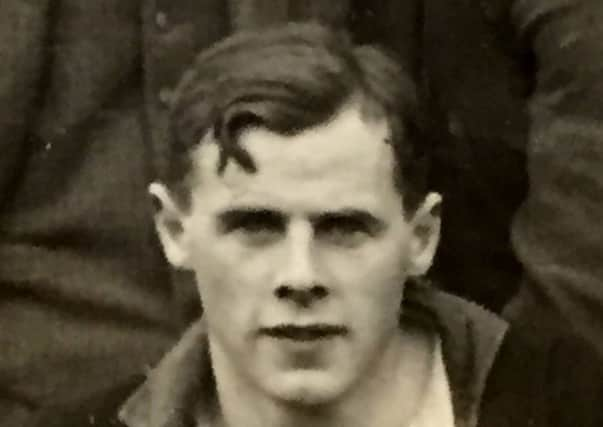

Families all across the land braced themselves once again.
Here in Falkirk, one prominent family would carry a disproportionate share of the sacrifice with three sons lost in battle, as well as a fourth son and daughter giving distinguished service during the conflict.
The Nimmos had been at the centre of Falkirk life for almost three centuries, at first in the tanning trade and later in the law with the firm, Russel and Aitken.
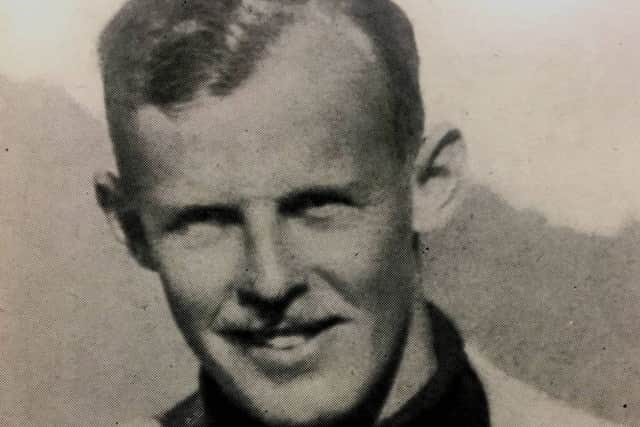

Advertisement
Hide AdAdvertisement
Hide AdThe family lived at Westbank, where the Municipal Buildings stand today, and in the Victorian era there was no more important man than ‘Colonel’ Alexander Nimmo who helped inspire the improvements that raised the burgh from an overcrowded, insanitary place to a healthy modern town.
His children carried on the service and in 1939 it was the Colonel’s grandsons who bore the family flag to distant corners of the earth.
The first was George Robertson Nimmo, known to the family as Geordie, who studied at Cambridge before beginning a law career with Russel and Aitken.
When the war broke out he was serving as a Territorial with the Argylls and was commissioned as a Captain and sent to fight in the Far East.
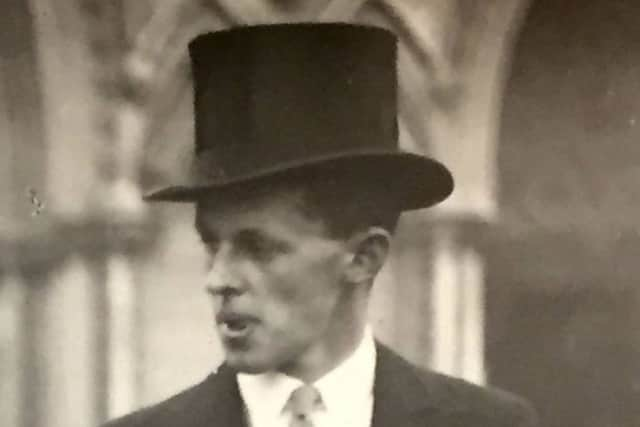

Advertisement
Hide AdAdvertisement
Hide AdIn 1944 he was awarded the Military Cross for “personal courage and devotion to duty with complete disregard for his personal safety” in evacuating casualties under heavy enemy fire.
After a transfer to Munipur Province in India with the K.O.S.B he fought and died at the Siege of Imphal which turned the Japanese back from their invasion of India.
Brother James was three years younger than Geordie and followed him to Cambridge before taking up a post with a teak firm in Burma.
With the Japanese threatening invasion ‘Jimmy’ was commissioned in the Burma Levies, at the start of an astonishing and dramatic service which features in two books, Desperate Journey by Francis Clifford and Grandfather Longlegs by Ian Morrison.
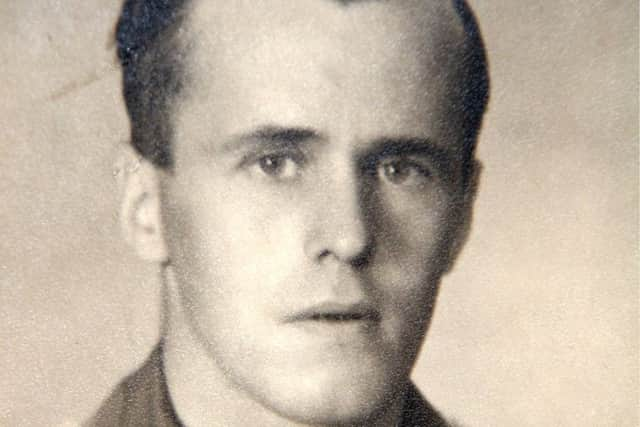

Advertisement
Hide AdAdvertisement
Hide AdThe first describes Jimmy’s 900-mile, three month barefoot trek through the jungle to India, and the second reports that Jimmy parachuted back into Burma as Acting Major in a Special Operations Executive (SOE) mission to organise resistance.
In February 1944 he was killed in a Japanese ambush, a year after he had received the Distinguished Service Cross in recognition of his “determination, courage and devotion to duty of a very high order”.
Jimmy’s younger brother Patrick went to Sandhurst and joined the Regular Army as a Captain in the Argylls.
His theatre of war was nearer home and he was the first with the colours and the first to lose his life. Fighting with Wavell in North Africa, he died at Sidi Barrani in December 1940.
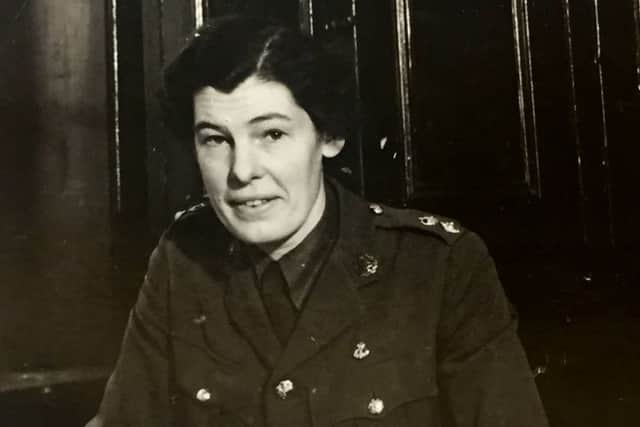

Advertisement
Hide AdAdvertisement
Hide AdA colleague said: “The Argyll’s single-handed took Alam El Dab, and ... Nimmo’s splendid leadership of C Company contributed in no small degree to the capture of this all important sandhill.”
The Chaplain recalled that: “He was carrying in his breast pocket his last letter from Helen, Westbank, Falkirk, whom I take to be his sister”.
The fourth brother who served and survived was William (Bill) Nimmo who was commissioned in the Argylls after studying at Cambridge. He also fought in Burma as a Major in the Commandos, taking part in General Wingate’s famous Chindit expeditions and winning the Military Cross for exemplary conduct and personal leadership. He continued to carry the fight to the Japanese as second-in-command of Operations Ferret, Otter and Bison, waging guerrilla warfare against the retreating Japanese.
With the war over, he returned to Westbank and Russel and Aitken.
Advertisement
Hide AdAdvertisement
Hide AdOn his death in 1997 the Scotsman stated: “His elderly lady clients would have been astonished if they had known that this kindly, gentle man was an explosives expert engaged in blowing up enemy trains behind the lines.”
The Helen mentioned in the Chaplain’s letter was the second sister of the four serving brothers.
She gave over most of her adult life to vital service in the community but had time to excel at sports too, especially golf in which she represented Scotland three times.
Somewhat surprisingly she and her mother were attenders at Brockville to watch Falkirk when football was still ‘men only’.
Advertisement
Hide AdAdvertisement
Hide AdHelen commanded the Stirlingshire and Argyllshire group of the Auxiliary Territorial Service (ATS) for women, rising to the rank of Lieutenant Colonel. She was Commandant of the ATS training centre in Newbattle and for her service she was awarded a military OBE.
The WRVS also benefited from her determination and organisational skills. Helen died in 2003.
Bill returned to Westbank in 1946. Only Helen remained. Their parents had died in 1940 and 1943 and three brothers were gone.
A home that was full of activity and laughter had gone forever and Bill took some time to recover from these grievous losses.
The Nimmo family bore the agony of overwhelming loss yet carried on with their life of service, comforted in some measure at least by their powerful sense of duty. It is an inspiring story.